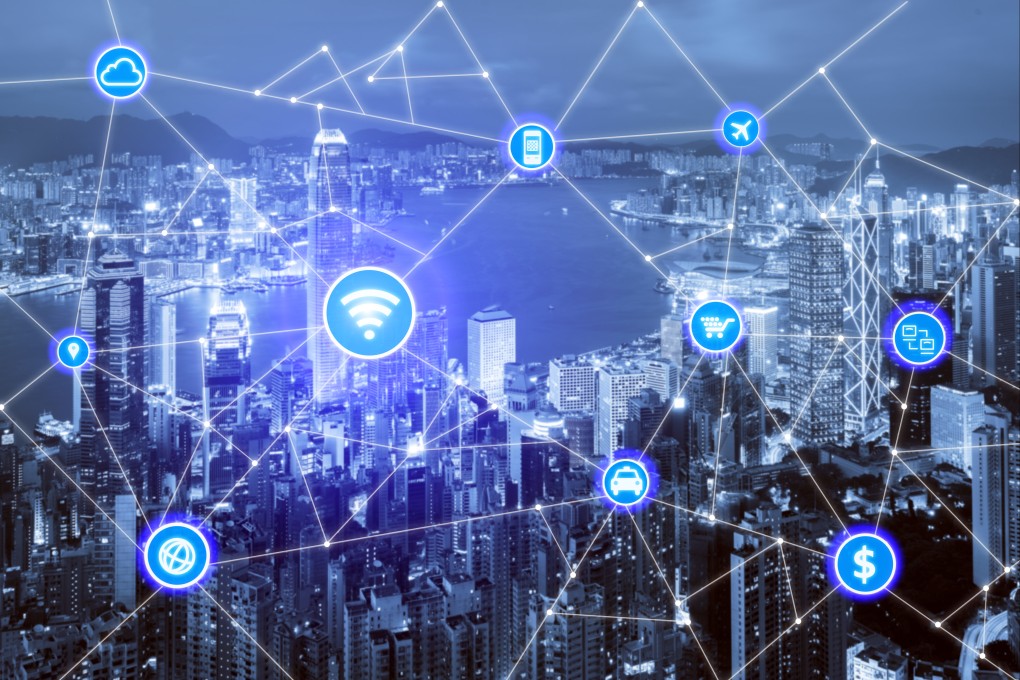Opinion | People have to be at the heart of Hong Kong’s smart city plans
- The best technology in the world is not enough if there is no public engagement, or where there is fear and mistrust, especially over data privacy
- Beyond consenting to surrender personal data for smart city policies, the public should be invited to participate in policy design and implementation

According to the Institute for Management Development’s latest annual IMD smart city index, Hong Kong ranked 41 out of 118 major cities. Its technologies were given an “A” rating but its structures earned just “BB”. In particular, the city did not perform very well in areas concerning the environment, mobility, green spaces and governance.
The Smart City Blueprint 2.0 aims to deliver a higher quality of living and greater happiness for Hongkongers. But where are the plans to use technology to involve the public when designing policy, let alone in its implementation?
In the section titled “Smart People”, the list of key indicators mostly consists of hard figures, such as the number of years of free education; the percentage of students studying science, technology, engineering and mathematics; the number of students in government-funded undergraduate or postgraduate programmes; research and development funding amounts; and, the number of civil servants attending information technology-related training.


